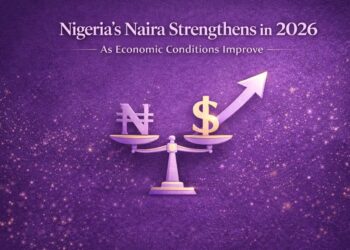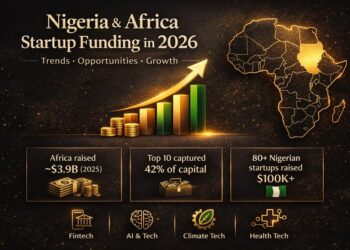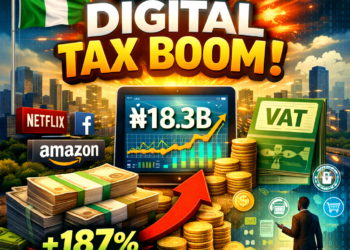
Data and Call Prices Surge in Nigeria: The Economic and Social Implications
Amidst escalating inflation and rising living costs, Nigeria’s recent hike in telecommunication tariffs has triggered widespread concern. With a 50% increase in mobile network charges—the highest surge in 12 years—citizens already grappling with economic hardships now face even greater financial strain, intensifying worries about affordability and digital accessibility.
Big Worries for Nigerians as the discussion goes on.
What were once luxuries—mobile data and calls—have evolved into essential tools for social connectivity, education, and business.
Nigerians have voiced their frustration over the recent telecom tariff hikes, viewing them as an added burden on their already strained budgets. Many question why major telecom companies are struggling despite reporting high profits. Others express dissatisfaction, noting that despite the price increases, service quality remains poor. Concerns also linger over whether the additional revenue from these hikes will lead to any meaningful improvements in network performance.
Any increase in telecom expenses runs the danger of aggravating financial situation for millions of people given inflation at record highs, rising cost-of-living, and growing unemployment.
Although the new advancements might be required for the long-term survival of the industry, the trade-off is subjecting consumers to more financial burden.
Increasing telecom fees are said to have major economic disadvantages, especially for the digitally deprived. One of these disadvantages is increase in technological gap, making it more difficult for low-income people and rural residents to access basic services like healthcare, e-learning, and employment opportunities.
Nigerians’ daily life will be affected by the additional taxes, with a significantly huge impact particularly for vulnerable groups like students, content creators, small businesses, startups, and entrepreneurs.
Their ability to stay connected may be restricted by rising connectivity costs, which would impair innovation and overall business growth. Families, small enterprises, students, and players in the digital sphere that depend on reasonably priced telecom services would be the ones who suffer the most.
Sector-wide challenges and possibilities for growth and stability.
Industry stakeholders argue that the tariff hike is essential for the long-term sustainability of telecom companies. However, certain sectors have historically been more affordable than others. Additionally, mounting economic pressures—including inflation, subsidy removal, and rising energy costs—have made it increasingly challenging for telecom firms to remain profitable.
In response to these challenges, operators have advocated for price increases, sparking concerns among consumers who are already grappling with rising living expenses.
These tariff adjustments announced by the Nigerian Communications Commission (NCC) will raise phone rates from ₦11 to ₦15.40 per minute, SMS rates from ₦4 to ₦5.60, and the cost of a 1GB data bundle from ₦1,000 to an even higher increased rate if they are implemented.
The communications industry’s growing economic challenges are the primary cause of this pricing change. Operators contend that in order to preserve high-quality services and business continuity, tariff modifications are required.
A little insight
Before these the hikes, N100 airtime allows you to make around 9 minutes of calls or send 25 SMS messages. Following the hike, the same N100 would only allow you to make 6 minutes of calls or send 16 SMS messages.
Ordinary Nigerians have characterized the move as an escalation of their already heavy financial burden, while industrial participants applauded it.
Nigeria moving forward or a step back?
In recent years, Nigeria is said to have made headway in its goal for digital inclusion. “Less expensive data bundles” have gotten millions online, promoting economic growth and social empowerment. This current tariff increase threatens to reverse those advantages. It will make access less cheap for Nigerians who rely on mobile internet for work and personal activities.
While the federal government insists that the increase is essential for industry sustainability, implementing measures to ease the burden on average Nigerians remains crucial.
Conclusion
The implementation of a ‘hierarchical’ pricing structure is one possible remedy, which would enable lower-income customers to obtain necessary mobile services at reasonable costs while those with premium plans would have to pay more. To close the digital gap, telecom firms must also reinvest the higher profits on extending network coverage, especially in underserved areas.
To ensure that every Nigerian benefits from this change, a careful and balanced approach is essential. With the right investments and policies, Nigeria can position itself as a leader in Africa’s digital economy—driving innovation, boosting economic growth, and ensuring widespread access to connectivity.






